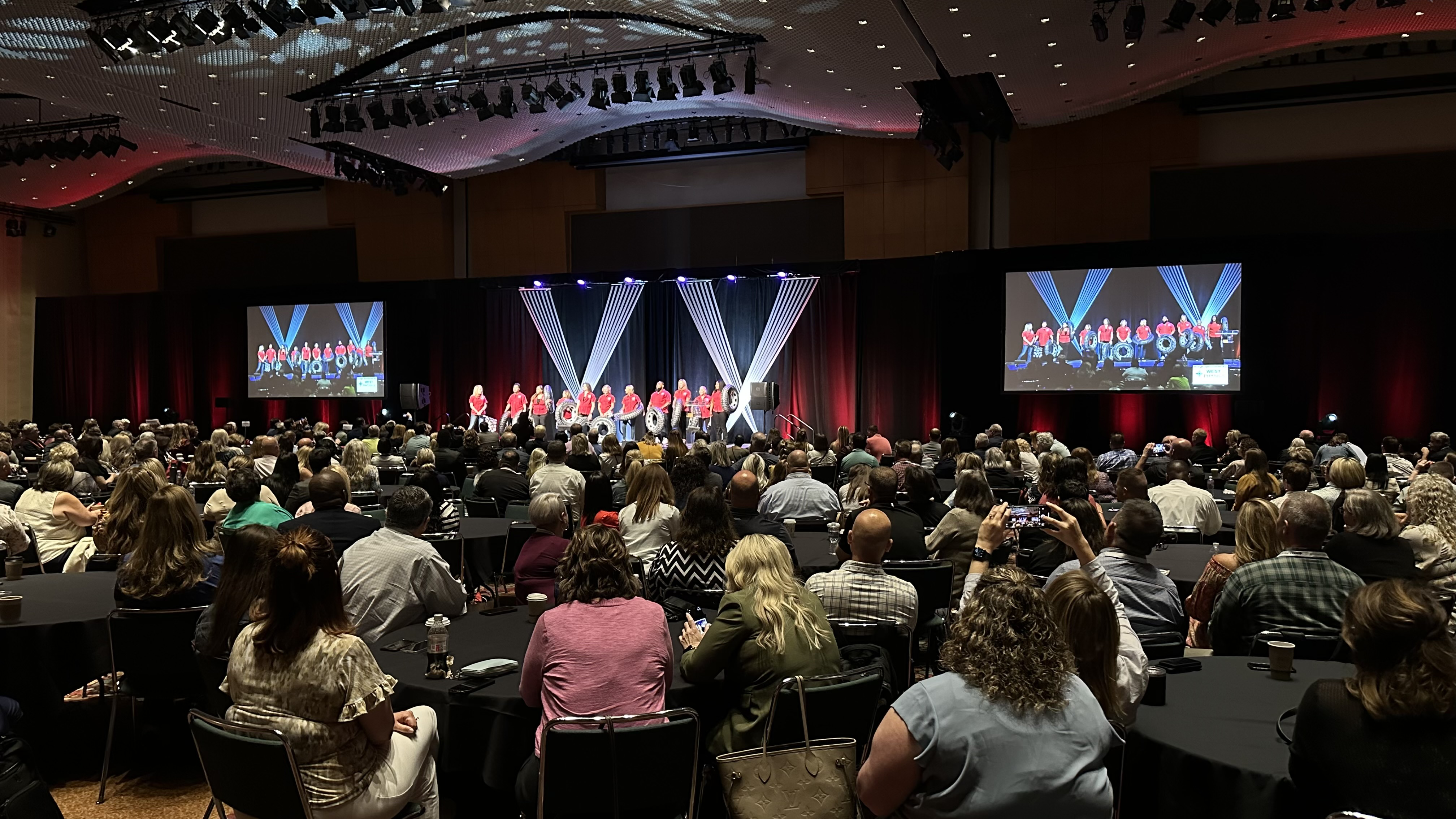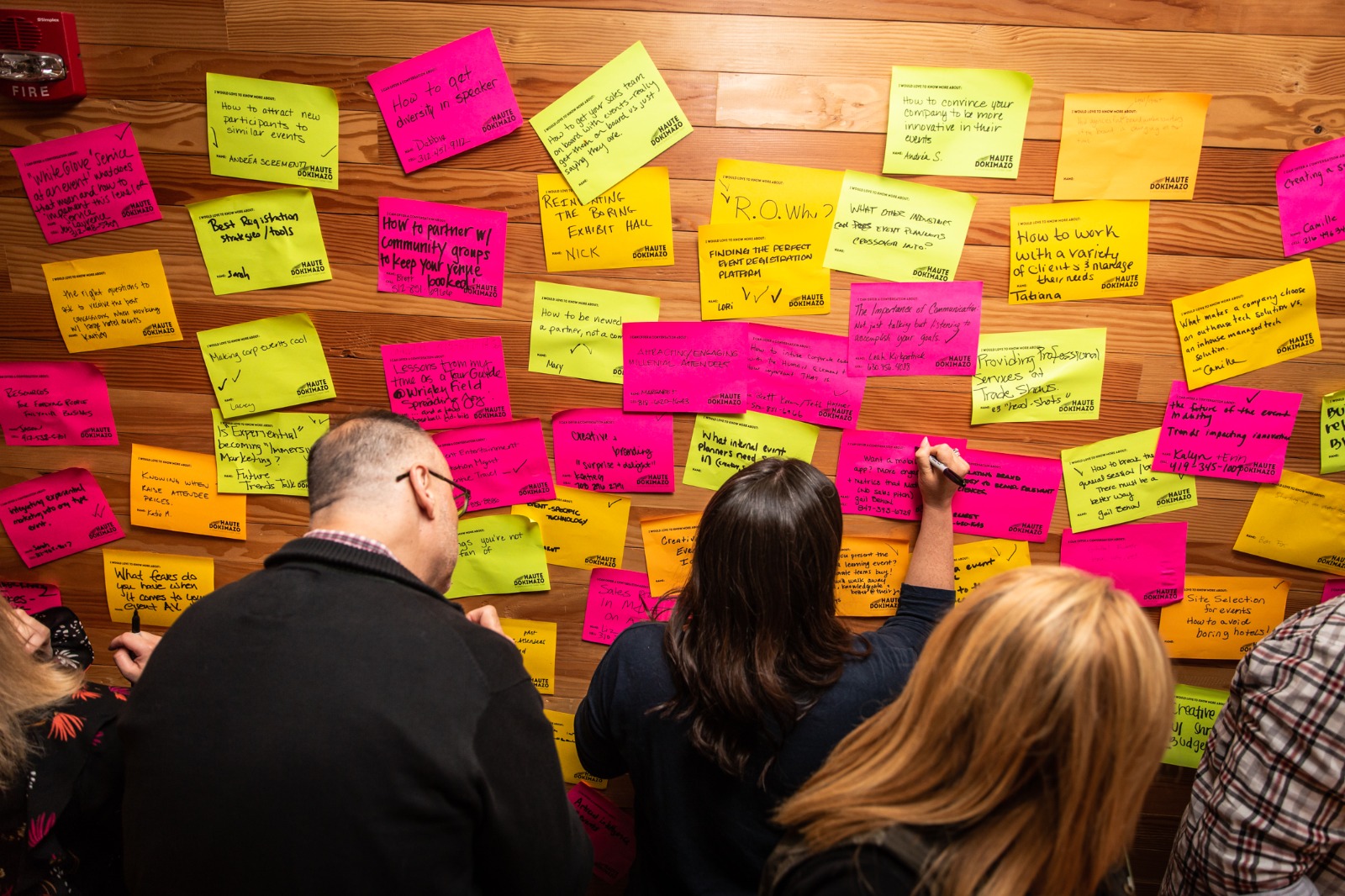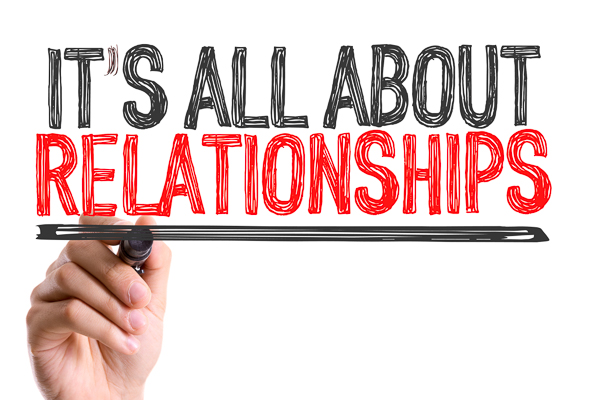Building a Greener Future: Why Sustainability Matters More Than Ever in the Events Industry
By: Gary Ricketts
The events industry is experiencing a transformation. As climate consciousness rises and environmental concerns become impossible to ignore, event professionals worldwide are reimagining how we gather, celebrate, and connect. But why does sustainability matter so much in our industry, and more importantly, how can each of us contribute to meaningful change?
The Environmental Reality of Events
The events industry has a significant environmental footprint that's often invisible to attendees enjoying a seamless experience. Consider the numbers: a typical conference for 1,000 people generates approximately 530 tons of CO2 emissions—equivalent to the annual carbon footprint of 85 cars (BeaconLive). This impact comes from multiple sources: venue energy consumption, transportation of attendees and materials, catering waste, single-use materials, and the production of promotional items that often end up in landfills within weeks.
Beyond carbon emissions, events contribute to waste generation, water consumption, and resource depletion. The average conference attendee generates 1.89 pounds of waste per day, much of which isn't recycled. Meanwhile, the demand for fresh flowers, elaborate decorations, and branded swag creates a ripple effect throughout supply chains, often involving resources extracted from fragile ecosystems.
Why Sustainable Events Matter
Environmental Stewardship: The most obvious reason is our responsibility to protect the planet. Events bring people together to share ideas, celebrate milestones, and build connections—but not at the expense of future generations' ability to do the same.
Economic Benefits: Sustainable practices often reduce costs. LED lighting cuts energy bills, digital materials eliminate printing costs, and local sourcing reduces transportation expenses. Many event organizers discover that going green also means improving their bottom line.
Brand Reputation and Values Alignment: Today's consumers and corporate clients increasingly choose partners based on environmental values. Sustainable events demonstrate genuine commitment to social responsibility, attracting environmentally conscious attendees and sponsors.
Innovation and Creativity: Sustainability constraints often spark the most creative solutions. When you can't rely on disposable decorations or single-use items, teams develop innovative approaches that are often more memorable and impactful than traditional methods.
Regulatory Preparedness: As governments worldwide implement stricter environmental regulations, building sustainable practices now prepares organizations for future compliance requirements.
How We Can All Make a Difference
For Event Professionals
Venue Selection and Energy Management Choose venues with green certifications like LEED or BREEAM. Partner with locations that use renewable energy, have robust recycling programs, and prioritize water conservation. When venue options are limited, work with existing spaces to implement temporary sustainable measures.
Waste Reduction Strategies Eliminate single-use items wherever possible. Replace bottled water with filtered stations, use digital signage instead of printed banners, and choose reusable or compostable serving materials. Implement clear waste sorting systems and partner with local organizations to donate leftover food and materials.
Transportation and Logistics Encourage public transportation, carpooling, and virtual participation options. Choose local suppliers to reduce transportation emissions, and when shipping is necessary, consolidate deliveries and choose carbon-neutral shipping options.
Catering Innovation Work with caterers who prioritize local, seasonal, and plant-based options. Food production accounts for a significant portion of event emissions, so menu choices matter. Implement accurate headcounts to minimize food waste, and establish partnerships with food rescue organizations.
For Attendees
Travel Mindfully Choose events based partly on accessibility by sustainable transportation. When flying is necessary, consider carbon offset programs and extend trips to maximize the value of your travel emissions.
Participate Actively Bring reusable water bottles, use digital business cards, and follow event recycling guidelines. Choose accommodations with strong sustainability practices and explore destinations using public transportation or walking.
Advocate for Change Provide feedback to event organizers about sustainability initiatives. Ask about environmental practices when registering for events, and support organizations that prioritize sustainable practices.
For Suppliers and Vendors
Sustainable Product Development Develop eco-friendly alternatives to traditional event materials. Invest in reusable displays, biodegradable promotional items, and energy-efficient equipment.
Transparent Reporting Provide clear information about the environmental impact of your products and services. Help clients make informed decisions by sharing carbon footprint data and sustainability certifications.
Collaboration and Innovation Partner with other suppliers to develop circular economy solutions where one vendor's waste becomes another's resource. Share best practices and collaborate on industry-wide sustainability standards.
Practical Steps to Get Started
Immediate Actions
- Conduct a sustainability audit of your current practices
- Switch to digital invitations and programs
- Implement comprehensive recycling and composting systems
- Choose venues within walking distance of public transportation
- Replace bottled water with filtration systems
Medium-term Goals
- Develop relationships with certified sustainable suppliers
- Create a sustainability policy for your organization
- Implement carbon footprint measurement for all events
- Establish partnerships with local environmental organizations
- Train staff on sustainable event practices
Long-term Vision
- Achieve carbon neutrality for all events
- Develop closed-loop waste systems
- Create industry partnerships for sustainable innovation
- Influence policy changes that support sustainable events
- Educate the broader community about sustainable practices
The Ripple Effect of Change
When we prioritize sustainability in events, we create ripples that extend far beyond the event itself. Attendees learn about environmental practices and take them home. Suppliers adapt their offerings to meet demand for sustainable options. Venues invest in green infrastructure. Communities benefit from reduced waste and increased economic activity from local sourcing.
These changes also influence other industries. Hotels improve their sustainability practices to attract event business. Restaurants develop plant-based catering options. Technology companies create solutions for virtual and hybrid events that reduce travel needs.
Looking Forward
The future of sustainable events isn't just about doing less harm—it's about creating positive impact. Imagine events that generate renewable energy, sequester carbon through landscaping choices, support local ecosystems, and leave destinations better than they found them. This isn't fantasy; it's the direction forward-thinking event professionals are already heading.
The events industry has always been about bringing people together to create meaningful experiences. By embracing sustainability, we ensure that these connections can continue for generations to come. Every sustainable choice, no matter how small, contributes to a larger transformation that will define the future of our industry.
The question isn't whether we can afford to make these changes—it's whether we can afford not to. The time for sustainable events isn't someday in the future. It's now, and it starts with each of us making conscious choices about how we gather, celebrate, and connect.
The power to create a more sustainable events industry lies in our collective hands. Let's use it wisely.
Ready to make your next event more sustainable? Start with one small change and build from there. Every step toward sustainability is a step toward a better future for our industry and our planet.




